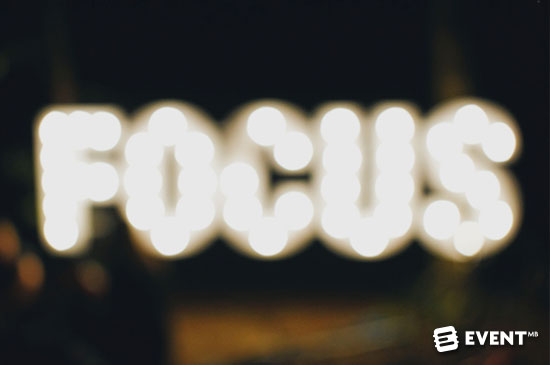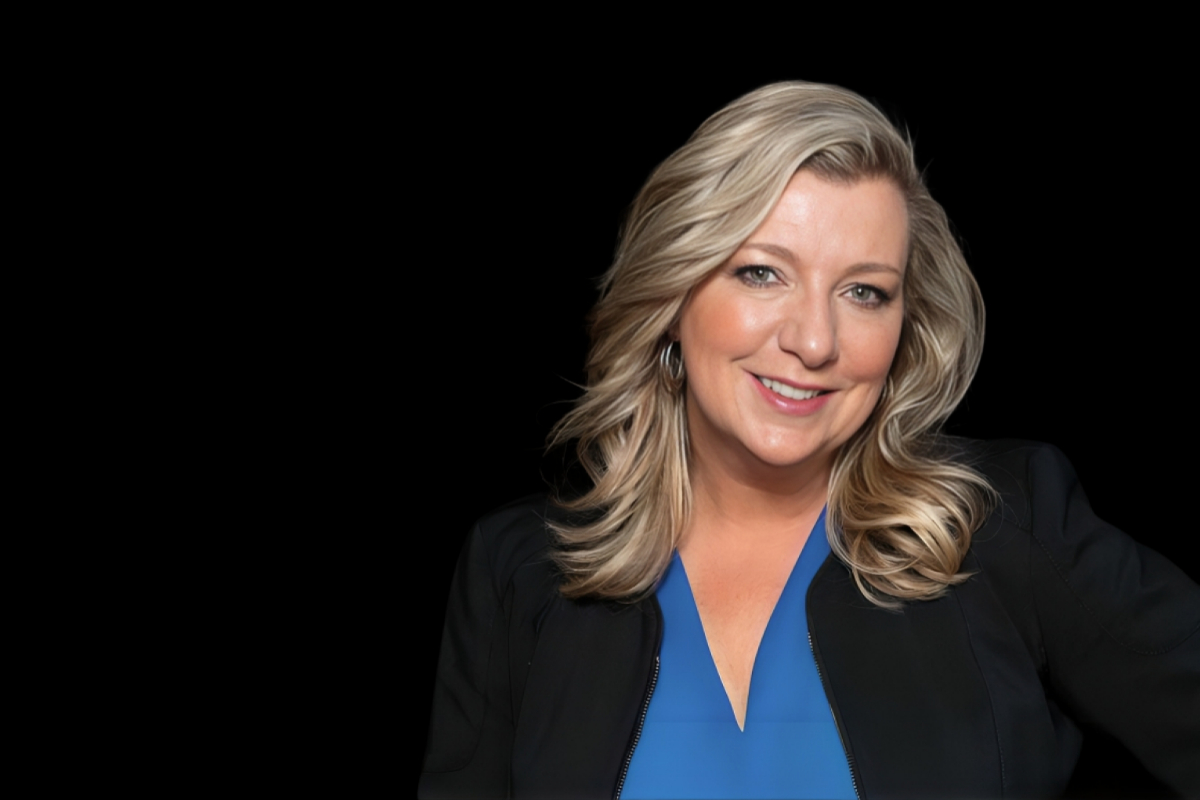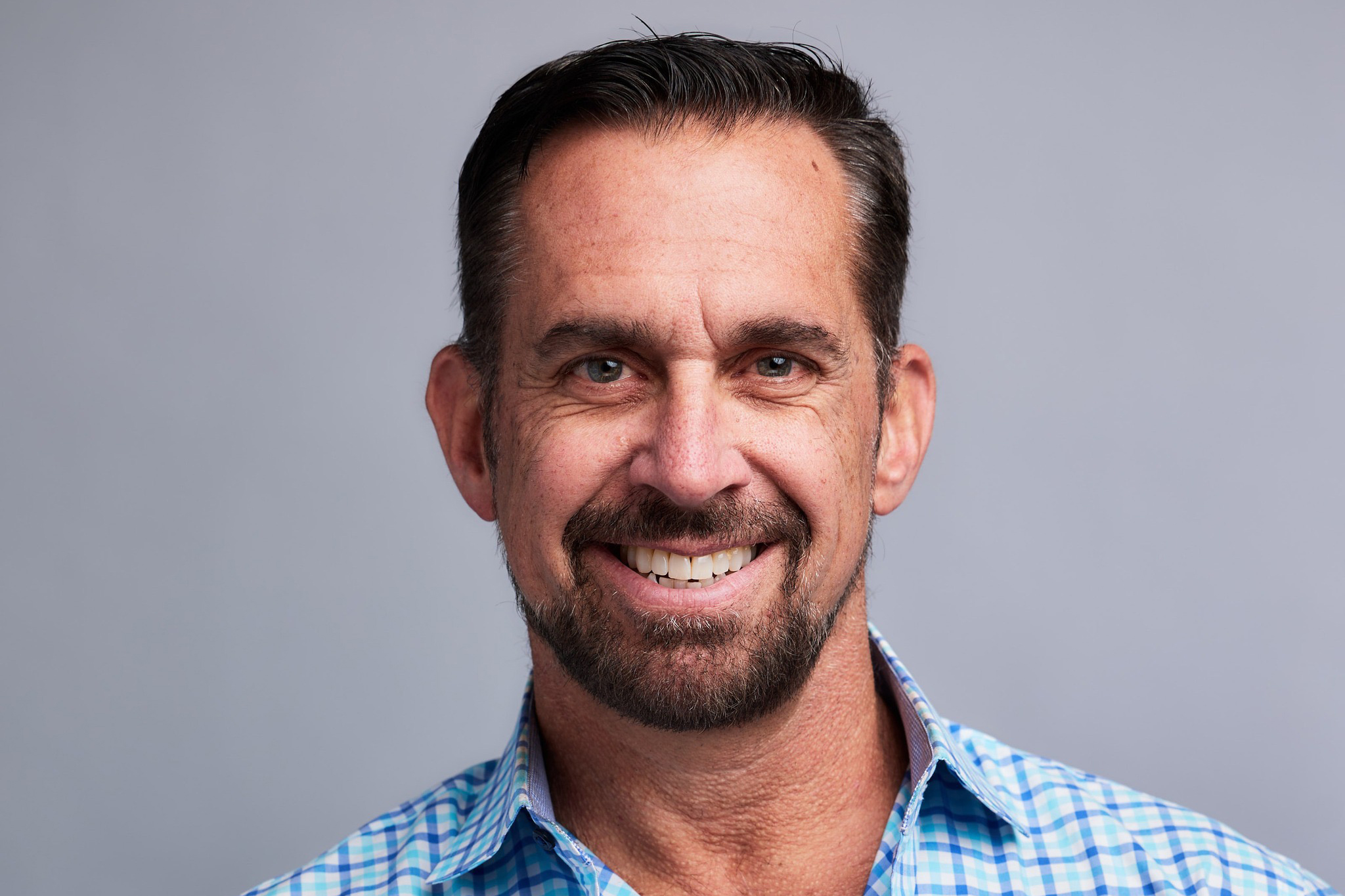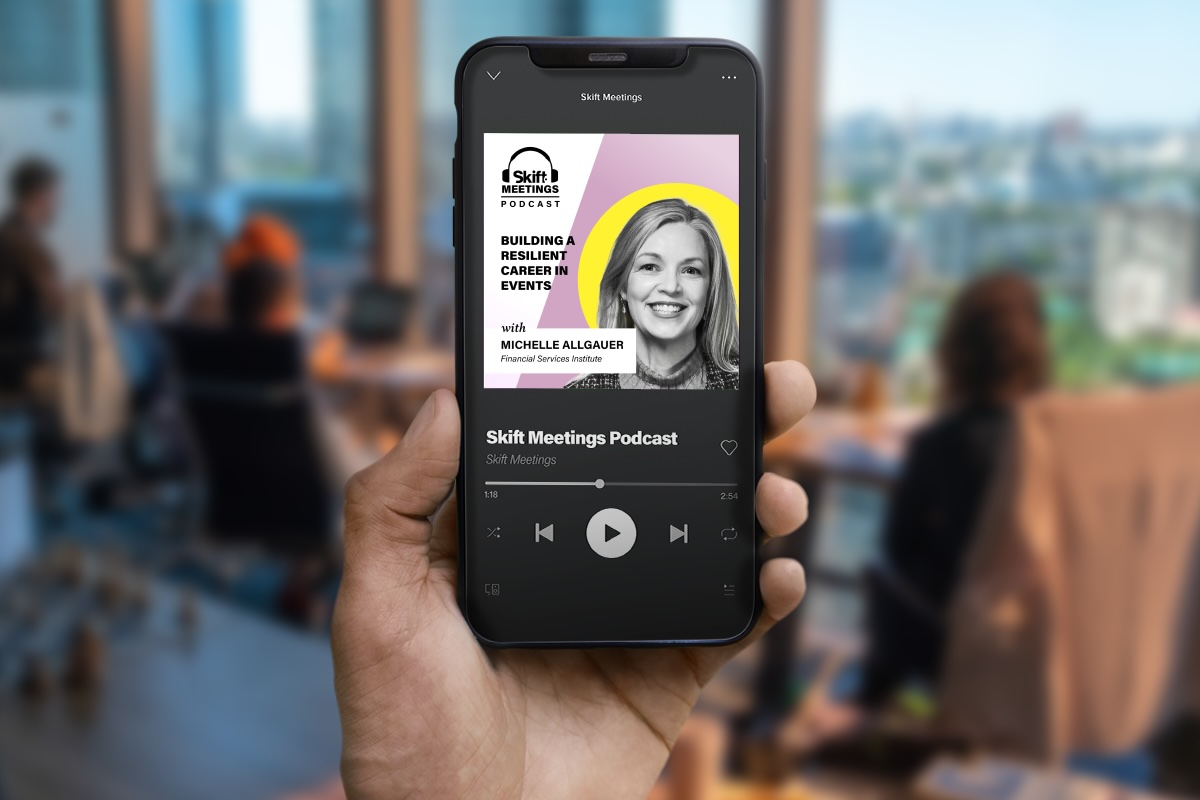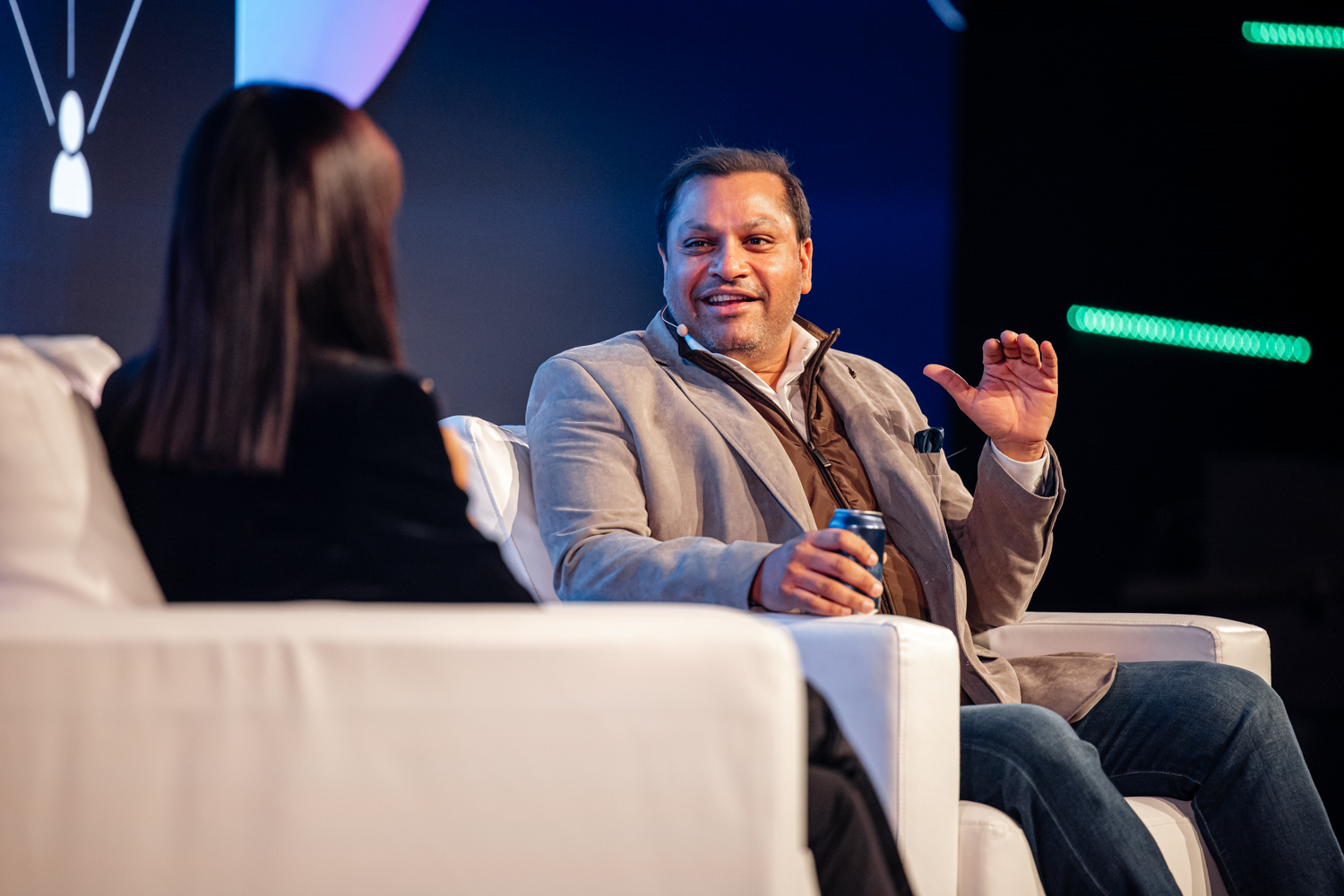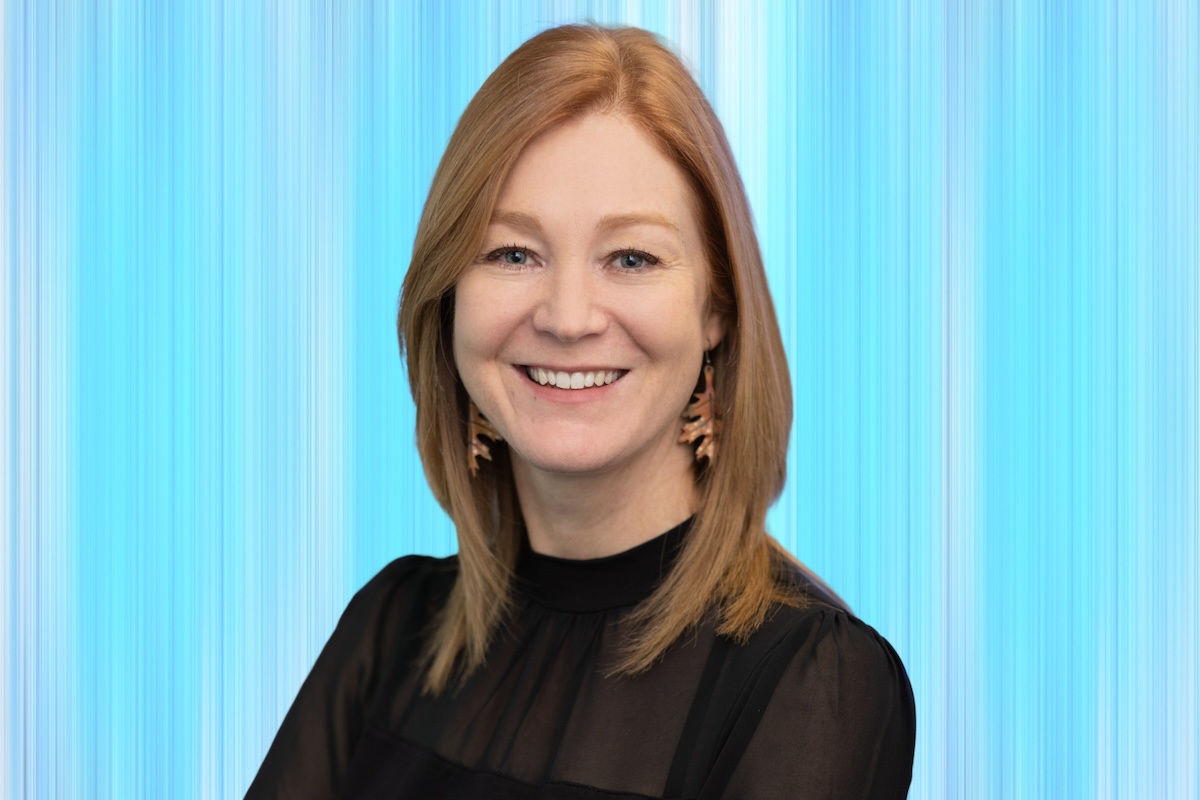Skift Take
Do you feel like you’re struggling to focus? Like sometimes your brain just needs a break? Turns out that’s not just natural but healthy. Here’s what science is saying about focus and lack of it.
Our culture has an obsession with focus. There are hundreds of articles and books written about getting focused, maintaining focus, and being present. We have drugs to help you focus, foods that do the same, and thousands of life coaches blaming all of our problems on a lack of focus.
But do we really have a problem with focus?
There are many comedians that talk about the differences in focus between men and women. Men seem to be singularly focused as the traditional hunters. They concentrate on the job at hand, or the ball game, and focus on attaining the goal. Women, who are traditionally gatherers, take many things in at once, allowing them to then focus on the things that are required. But is one preferable over the other or are these comic stereotypes even true?
Turns out neither matters because an excess of focus can exhaust us, at least according to science.
##abovethefold##
Things Event Professionals Need to Know About Focus
First, there’s the question of focus among event planners. How do you train yourself to be more focused when your job involves multi-tasking? What you find will also help your attendees and can be of great value to them. Here are a few things you should know about focus:
- Good focus requires unfocusing too. Just as rest is essential to the body, so are periods of focus and unfocus. The brain works best when it toggles between both. As an event planner, that means it’s best for you to switch between activities that take focus and those that require a broader view of things. For example, a detail-oriented activity followed by some creative brainstorming. This is the same idea as adding a “legs” day and an “arms” day to your workout. For attendees, that may mean switching between a meaty keynote followed by downtime or an open space in the agenda, which could be used for rest, relaxation, or networking.
- Becoming someone else is good for non-focus and focus. When you need time to unfocus, adopting another role is a good way to do it and one that assists in problem-solving. For instance, the cosplay at events like DragonCon may help attendees gain a new perspective and solve problems in creative ways that they wouldn’t have thought of in their day job. For event professionals with issues to solve, thinking like another member of your team may give you the new perspective you need to be focused on being unfocused. You’re focused on finding a solution for the problem but you’re focusing as someone else so the creativity keeps you slightly off-kilter.
- Limit your interruptions. Yes, you need periods of focus and non-focus but having interruptions during focused time can be very difficult on your clarity. According to the Wall Street Journal, people who work in an office are interrupted every three minutes. (Event planners might argue it’s more often than that.) But it’s not the interruptions that are the difficult part. Scientists at Carnegie Mellon University estimate these interruptions can cost as much as 25 minutes before we can get back to where we were. When you’re working on a focused activity, it’s important to guard that time whether it’s your own or something attendees are being asked to do.
- Not all focus is created the same. Focus towards a goal is the best kind of focus. You have a task at hand and you know what you’re trying to accomplish. This type of action comes from the prefrontal cortex part of your brain. On the other side of the spectrum is the kind of focus that happens when something else takes over, such as a worry or concern or a ping in your email. You’re focused on it but it’s not a productive focus. This focus comes from the parietal lobe. The latter type of focus is wasted focus because it’s a focus on an interruption, not a goal. Try to prioritize which focus you allow to win your attention.
- Know your ideal focus time and that of your team. Most brains are best suited for heavy cognitive lifting in the late morning when fresh but after they’ve had time to wake up. Afternoon crashes are the time when it’s easiest to get distracted. Plan your event agenda accordingly and provide time for non-focus activities during the afternoon slump.
- Don’t train yourself to be distracted. If you look at the email the moment it comes in, you’re not only allowing yourself to be distracted but you’re setting up a cognitive habit that is hard to break. Hear the ping, read the email. If you try to curb it you will still be distracted by the fact that you used to look at the email the moment it came in. Instead, if you’re trying to break the habit, shut down email altogether or mute your email alerts. That way you don’t have the precipitating part of the distraction distracting you before the actual activity. The next step is to break yourself of the habit of looking and addressing the interruption altogether.
- Handle things once. Most of us feel the urge to acknowledge the distraction, but then try to get back to what we were doing. Have you ever just checked your email to see what it was and then told yourself you’ll get back to it. Now you’ve just increased the amount of time you’re spending on that email because you acknowledged it and then you need to reacquaint yourself with it when you’re ready to address it. Instead, handle every task only once. If you know it’s too big to handle, don’t look at it until you have the time to do so.
In Conclusion
Are you suffering from a lack of focus? Are your attendees? That might not be a bad thing. Recognize that we can only handle so much focus before we become mentally fatigued and that is not something any event planner can afford.
Additional Resources About Focus and Concentration
Time to Focus! 7 Tips to Crush Your Next Event
9 Traits of Focused Event Professionals
Why Event Planners Should Doodle More
9 Steps to Be a Sharper Event Prof
12 Ideas to Help Attendees Manage Information Overload
